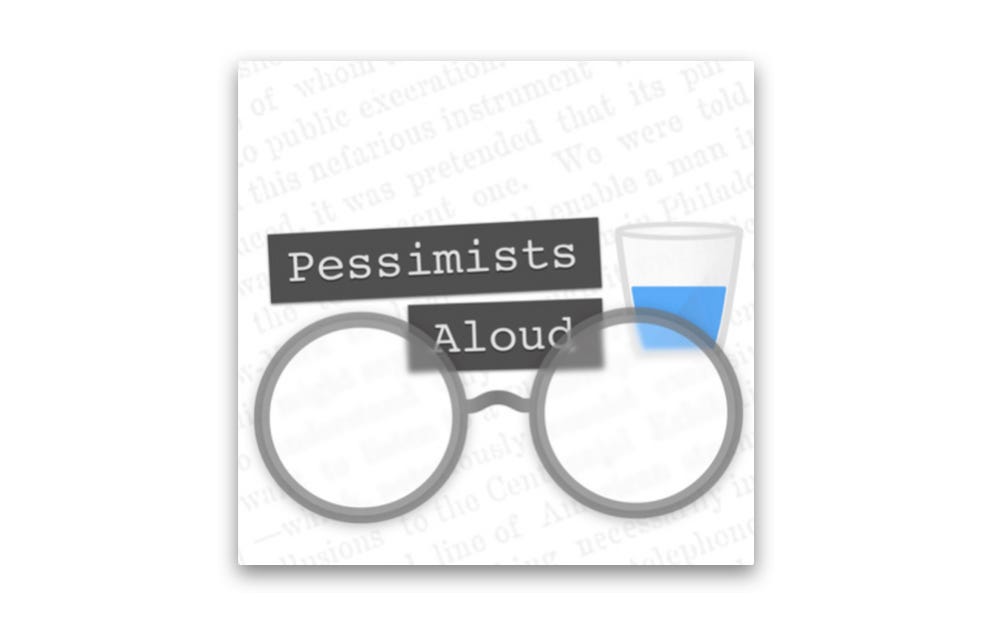💉 AN ABSURD PREJUDICE: @NYtimes, 1875
One might suppose that the popular prejudice against vaccination had died out by this time.
🎙 HEAR WHOLE ARTICLE READ ALOUD
146 years agoThe New York Times published an article critiquing anti-vaxxers of the day, highlighting it had already been “practiced for nearly a century” correctly noting “popular prejudices have a vitality that is truly wonderful.” A century and a half later it holds up.
"One might suppose that the popular prejudice against vaccination might have died out by this time, considering it has been practice for nearly a century."
Today this statement is as amusing as it is painful, when considering anti-vaxxers remain a relevant movement. Descriptions of the attitudes and psycology of anti-vaxxers then describe anti-vaxxers of today perfectly.
“It seems useless to quote science, and a long and successful practice, against such dense stupidity as this. The ignoramus has a prejudice against the regular practitioner, and, with cruel kindness he kills his friend while trying to protect him against the art of a learned physician”
We all have that one friend of relative that we know will never be persuaded that vaccines are safe and would never admit they contributed to the death of a family member or friend they convinced not to get vaccinated.
“In spite of all our boasted progress curious revelations of popular ignorance and superstition are constantly showing us how little advance has been made."
Then, like now, an upsurge in anti-enlightenment attitudes feels like we’re regressing, like our collective intelligence is going down - however the similarities between anti-vaccine attitudes of 1875 and 2021 suggest there always has been and always will be a subset of any population that will resist vaccination. History rhymes because human psychology repeats.
The piece finishes with a prediction:
“When knowledge is more evenly distributed there will be less of this fantastic and ignorant prejudice”
Information is more evenly distributed now yet these “populist prejudices” - born of vulnerabilities in our psychology - have a vitality that is truly wonderful (awful) just as the author suggested.
🎙 Hear entire article read aloud
📬 Subscribe to our newsletter for new archival finds and newly relevant clippings from the past:





